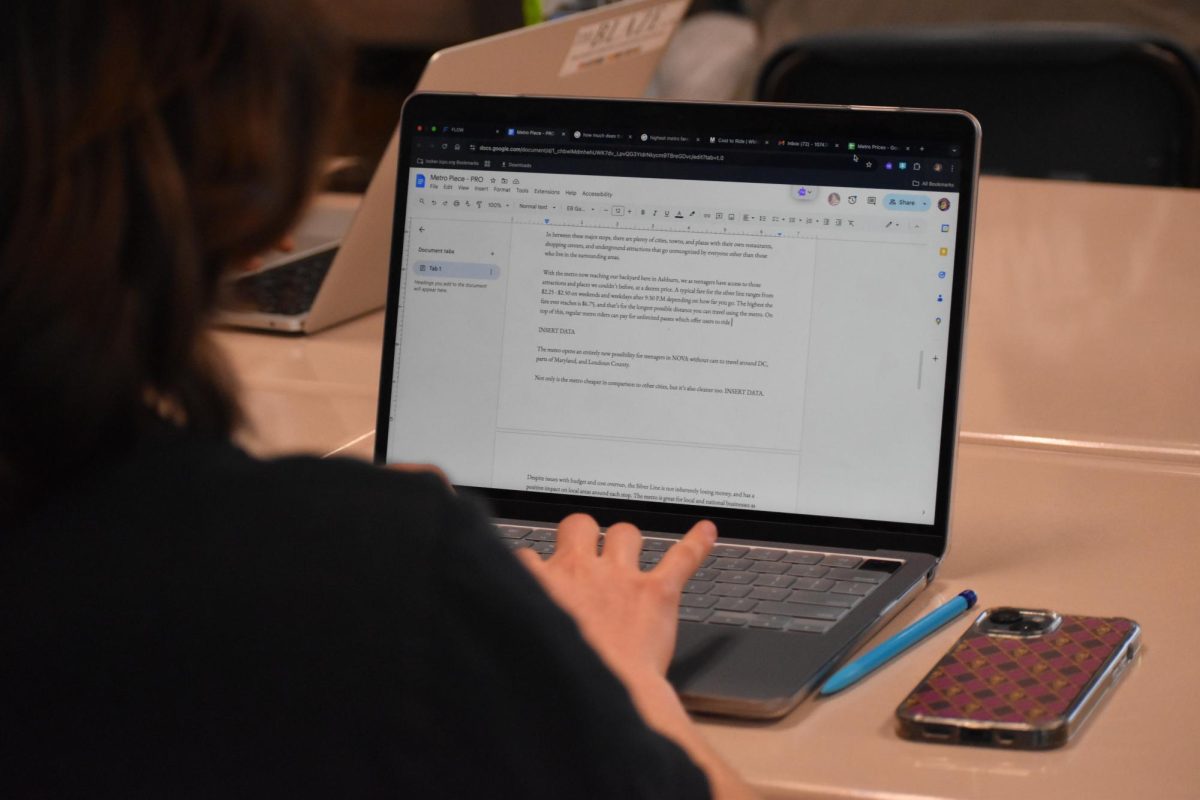In July 2024, Governor Glenn Youngkin established a cell phone policy in Virginia, calling for phone-free education in high schools. Eight months later, Executive Order 33 still holds active. Although adherence to the cell phone policy at Rock Ridge has not been consistent, teachers and staff have noticed a cultural shift in student performance, signifying a positive change in student learning.
This change has been especially noticed by teachers who have previously struggled to gain student engagement and focus. Social sciences teacher Howard Goldberg has seen a noticeable change in his students’ behavior. “I am not having to tell kids to keep putting their phones away every five, six, seven seconds, which it felt like in class [before the policy],” Goldberg said. “ Overall, grades have improved a bit just because I think kids [are] paying more attention to what’s going on in class than what’s actually going on on their phone.”
Math teacher Mariyana Yaneva shares similar attitudes towards the cell phone policy. “ It just takes a little less time and effort [for students] to understand something because they’re actually involved in the class [rather than] mindless scrolling,” Yaneva said. “At the end of the day, if you don’t learn whatever you’re supposed to here in school or later on, you’re more stressed because you have too many things to do, and tests and quizzes will not really wait.”
Forcing students to put their cell phones away during class can lead to students being more concentrated and yielding better grades. Grade reports by the Rock Ridge administration show that in March 2024, 14.38% of students had three or more F grades in their grade book. In March 2025, this number dropped by 8.43%, resulting in only 5.95% of students earning three or more Fs by April of 2025. While a multitude of factors can influence a student receiving an F in a class, the improvement in grades is in accordance with teachers’ reflections and observations regarding phone usage.
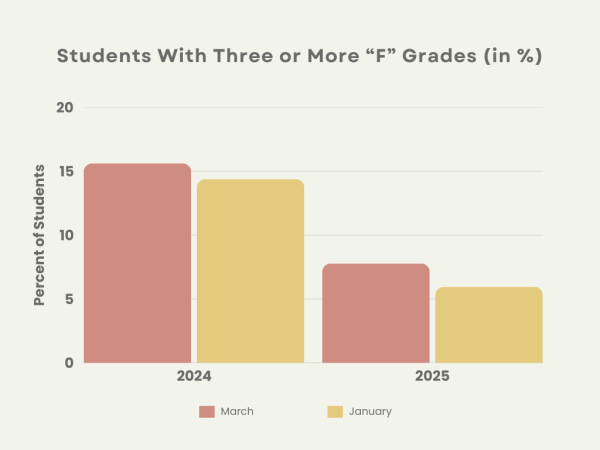
Moreover, the cell phone policy has led to a shift in culture, with students becoming more accountable for their cell phone usage. Implementation of the policy has loosened with some teachers putting fewer restrictions on students’ phone usage; this has led students to grow more responsible for taking charge of their own learning whether their phone is present or not.
Junior Reshmitha Rajagopal finds that the policy has changed students’ concentration patterns regardless of how committed they are to following the policy. “Most of us have come to a point where we don’t use our phones in class, or when class is happening, we restrict ourselves even though we hold our cell phones with us,” Rajagopal said. “So, I feel like we’ve grown with [the policy], even though we don’t put it in the [phone holders].”
French teacher Madame Billington has been known for her “phone prison” even prior to the policy. However, she still noticed a shift in students’ behavior with the implementation of the state-wide cell phone ban.“ I’ve seen a big difference from last year to this year,” Billington said. “I’ve seen students more engaged because last year they could just have their phones, and I would actually ask them to put their phone upside down on the table, but the pressure was still there. I think just having the phone away takes away the worries.”
Senior Mawulawoe Melomey already feels the impact of the policy on her learning. “ Right now, I’m giving myself more opportunity to focus on classwork because when I go home, I’m on my phone anyways,” Melomey said. “So, at school, I can use that time to actually do the stuff I need to do and focus on that instead.”
According to Youngkin’s orders, a Bell to Bell policy was supposed to be implemented in January 2025 to restrict cell phone usage during the entire day, including lunch and between classes. Some counties in Virginia, including Prince William County and Manassas School District, have implemented the policy. However, the policy was never executed in Loudoun County, with students still having the freedom to use their phones outside of class time.

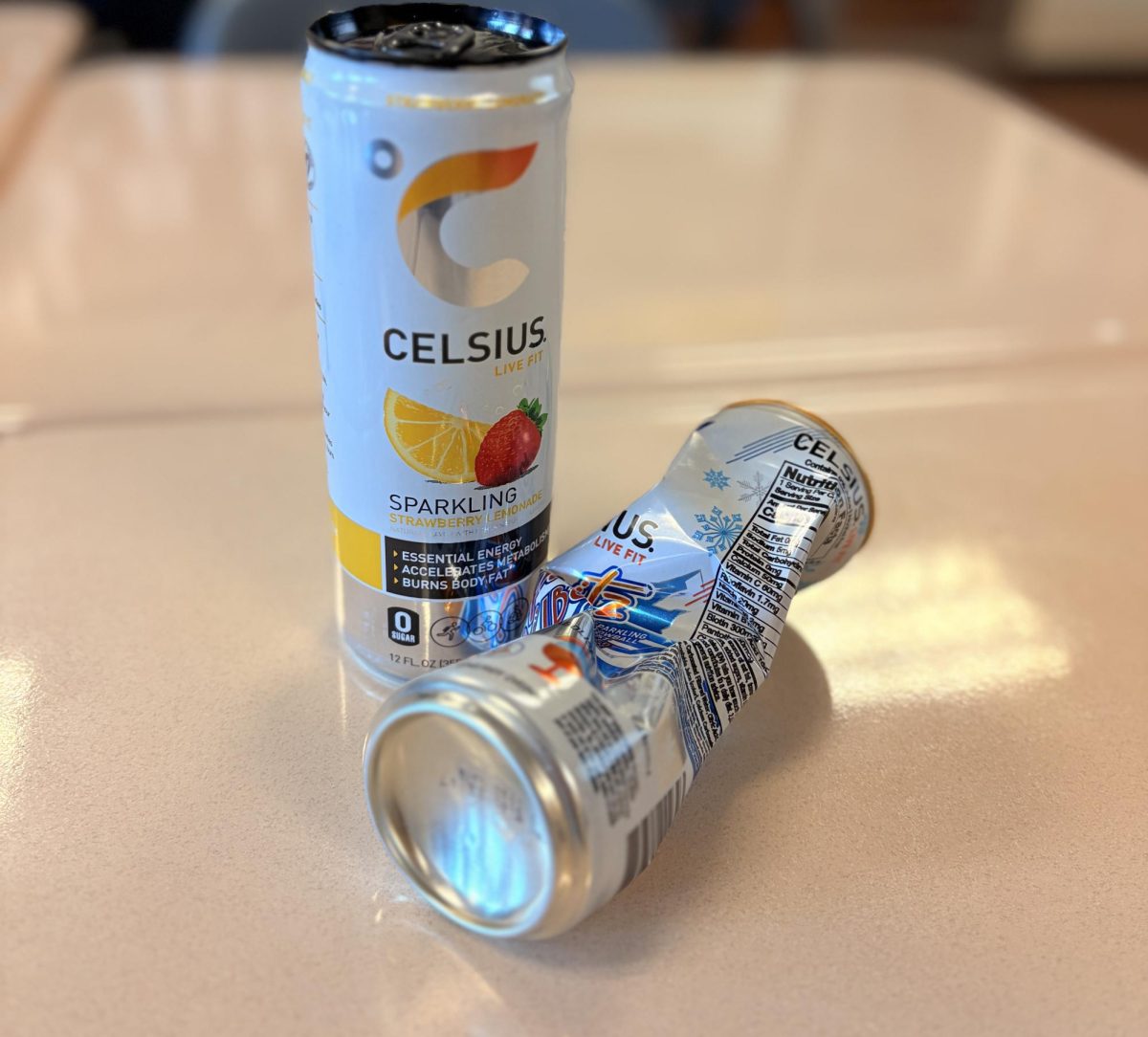
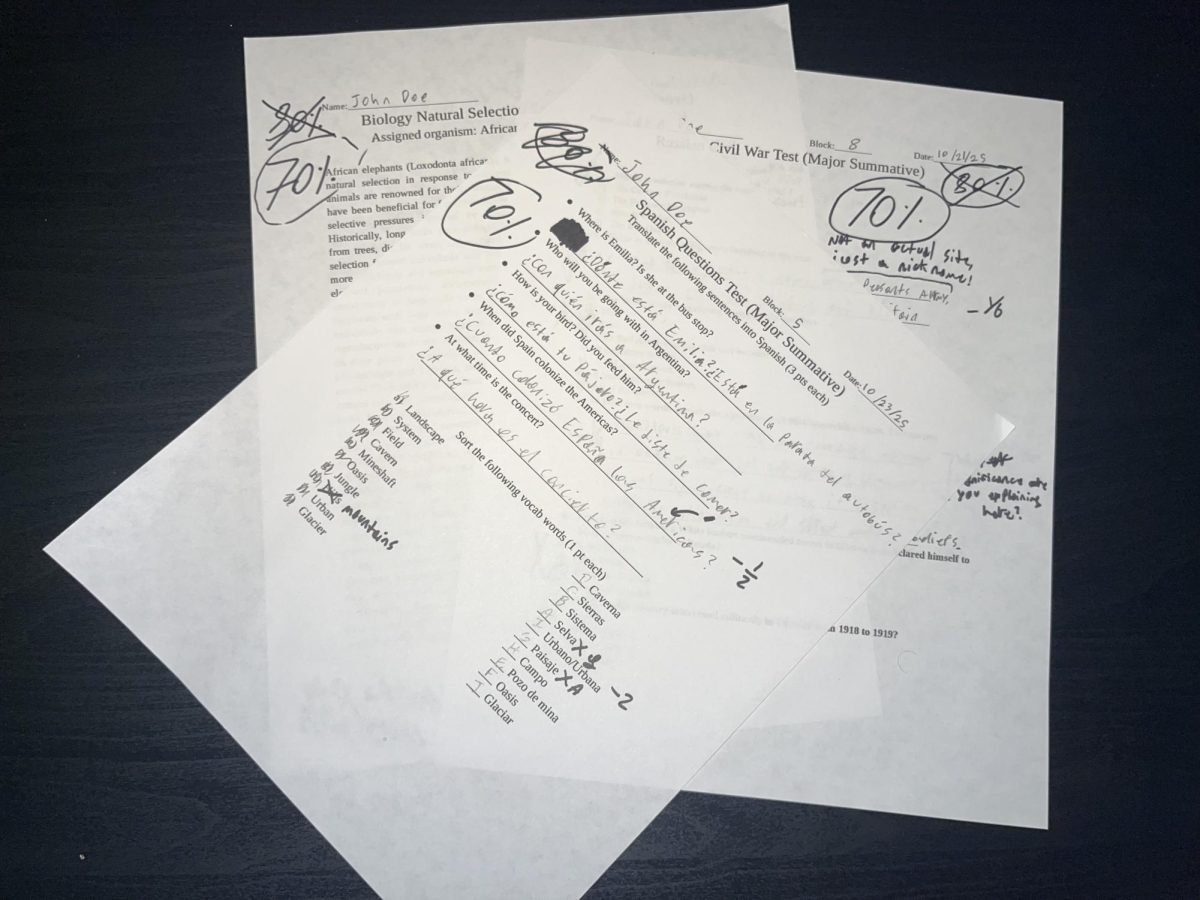




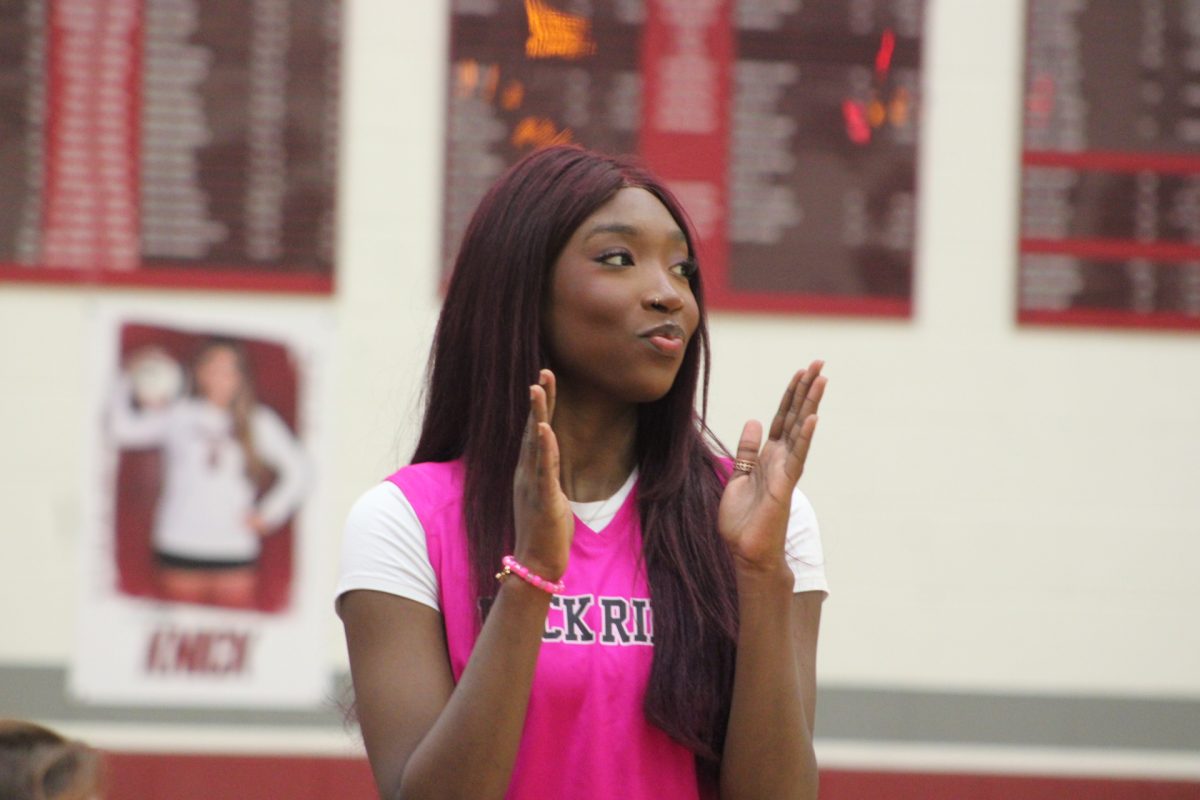
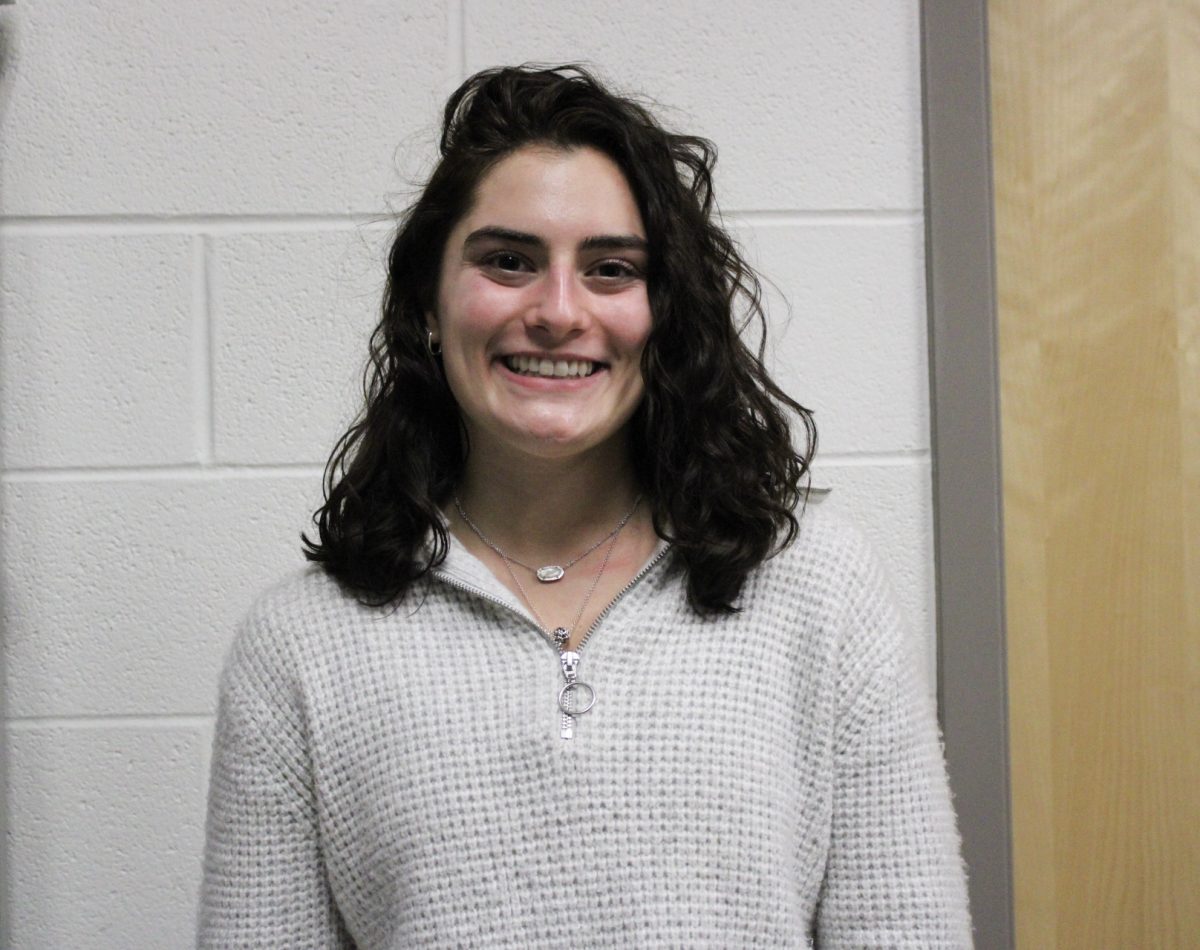






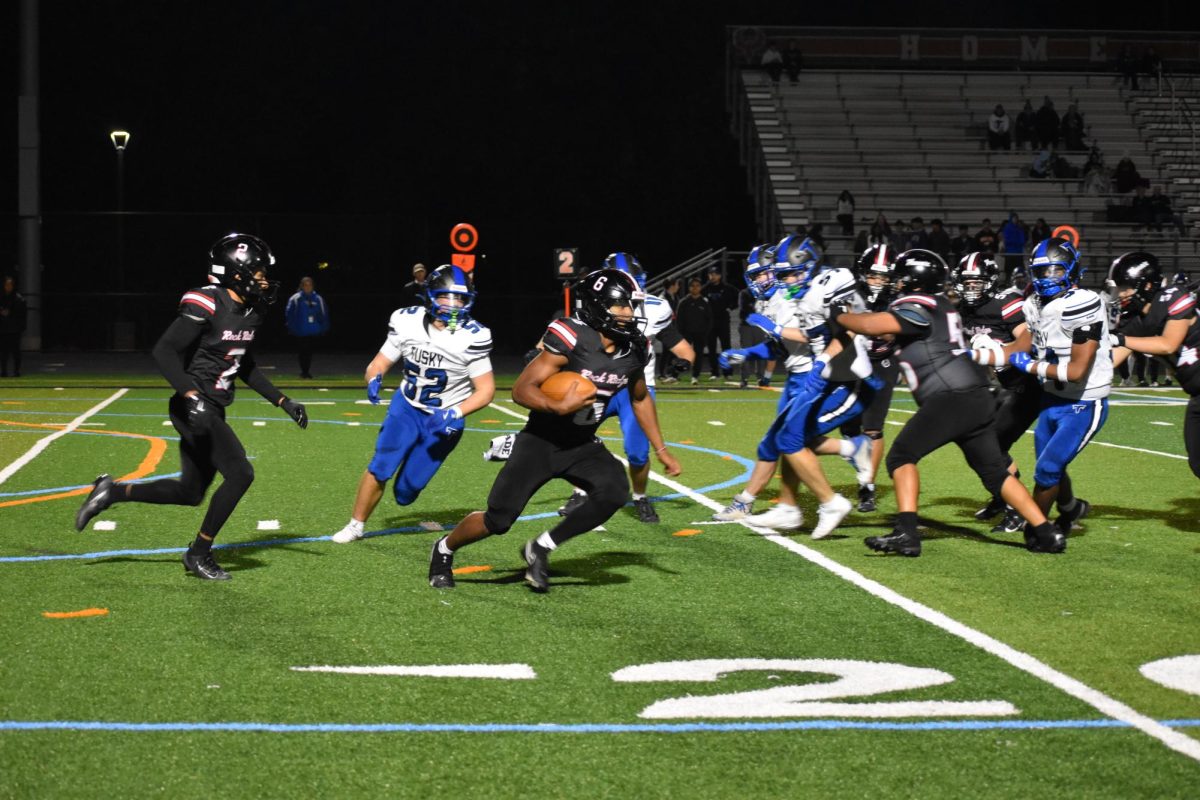
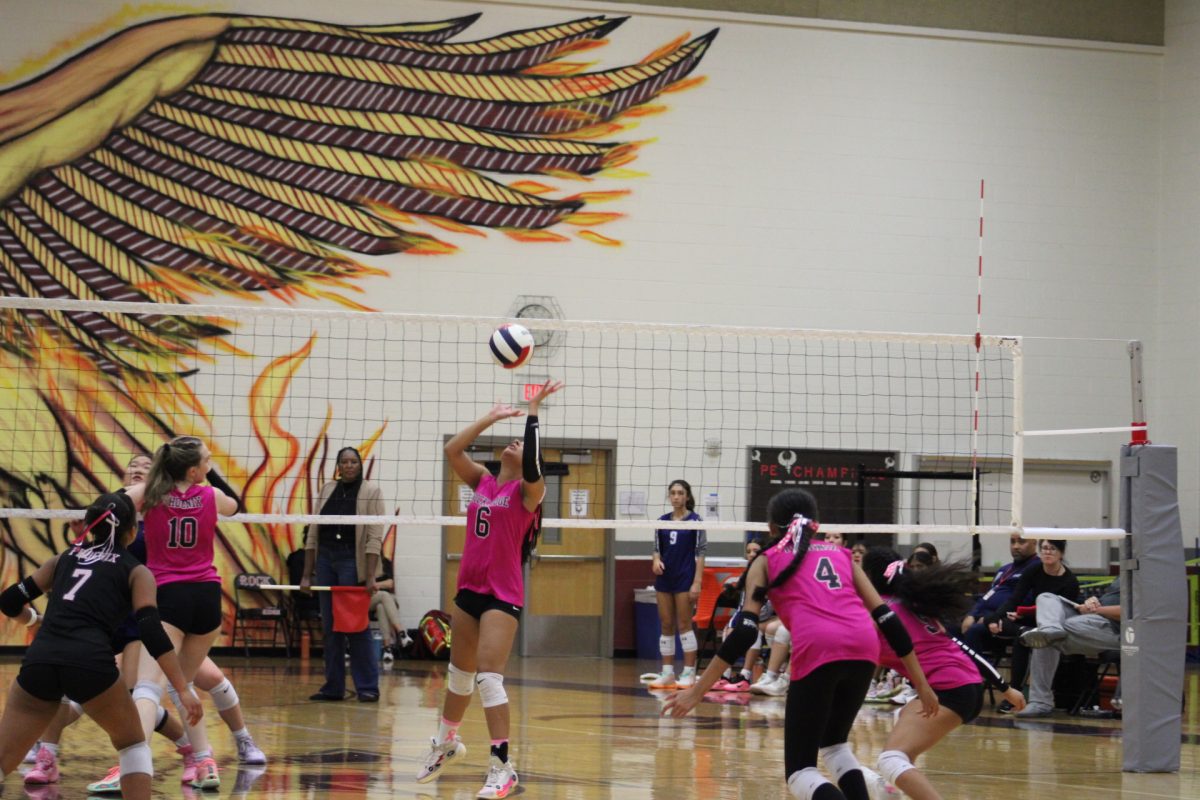







![The Phoenix varsity volleyball team lines up for the national anthem. “We were more communicative [with each other] during this game, and I feel like we kept our energy up, especially after the first set,” senior Jessica Valdov said.](https://theblazerrhs.com/wp-content/uploads/2024/10/DSC_0202-1200x800.jpg)










![Junior Alex Alkhal pitches the ball. “[I] just let it go and keep practicing so we can focus on our goal for the next game to get better as a team,” Alkhal said.](https://theblazerrhs.com/wp-content/uploads/2025/05/DSC_0013-1-1200x929.jpg)


















